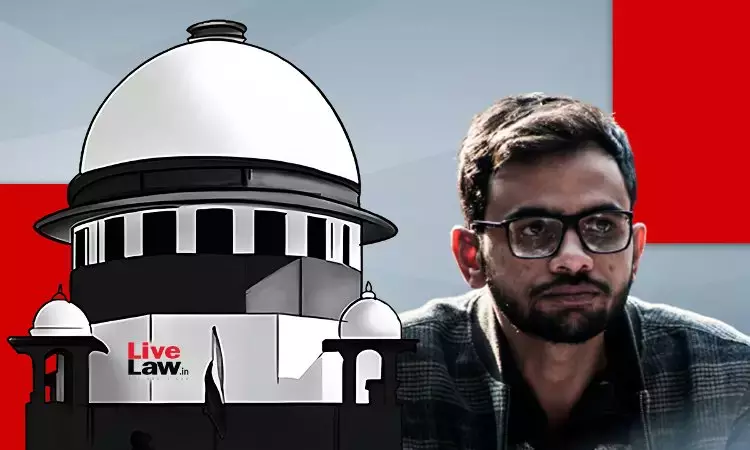Supreme Court To Hear Umar Khalid's Bail Plea In Delhi Riots Larger Conspiracy Case After Two Weeks
Awstika Das
18 Aug 2023 2:29 PM IST

Next Story
18 Aug 2023 2:29 PM IST
The Supreme Court on Friday adjourned the bail application of former JNU scholar and activist Umar Khalid in connection with the Delhi riots larger conspiracy case. He has been behind bars since September 2020, awaiting his trial under the Unlawful Activities (Prevention) Act for his alleged involvement in the larger conspiracy surrounding the communal violence that broke out in February...
